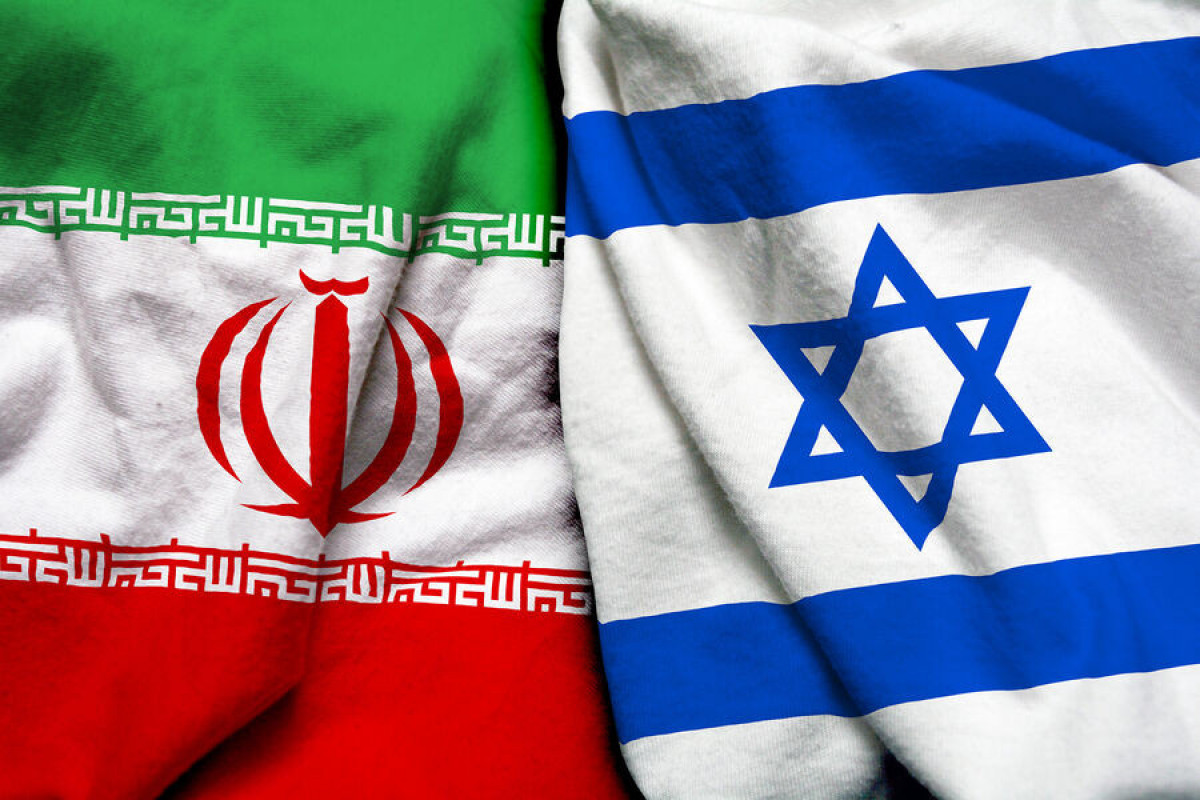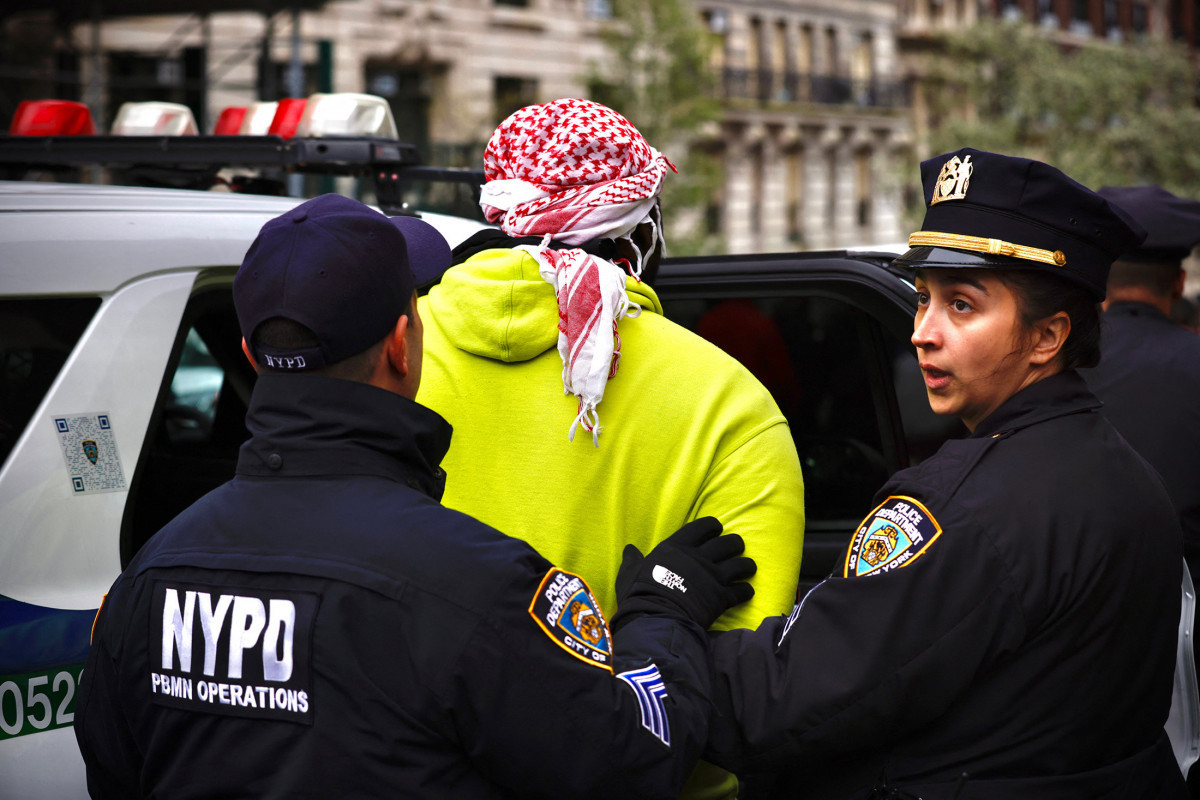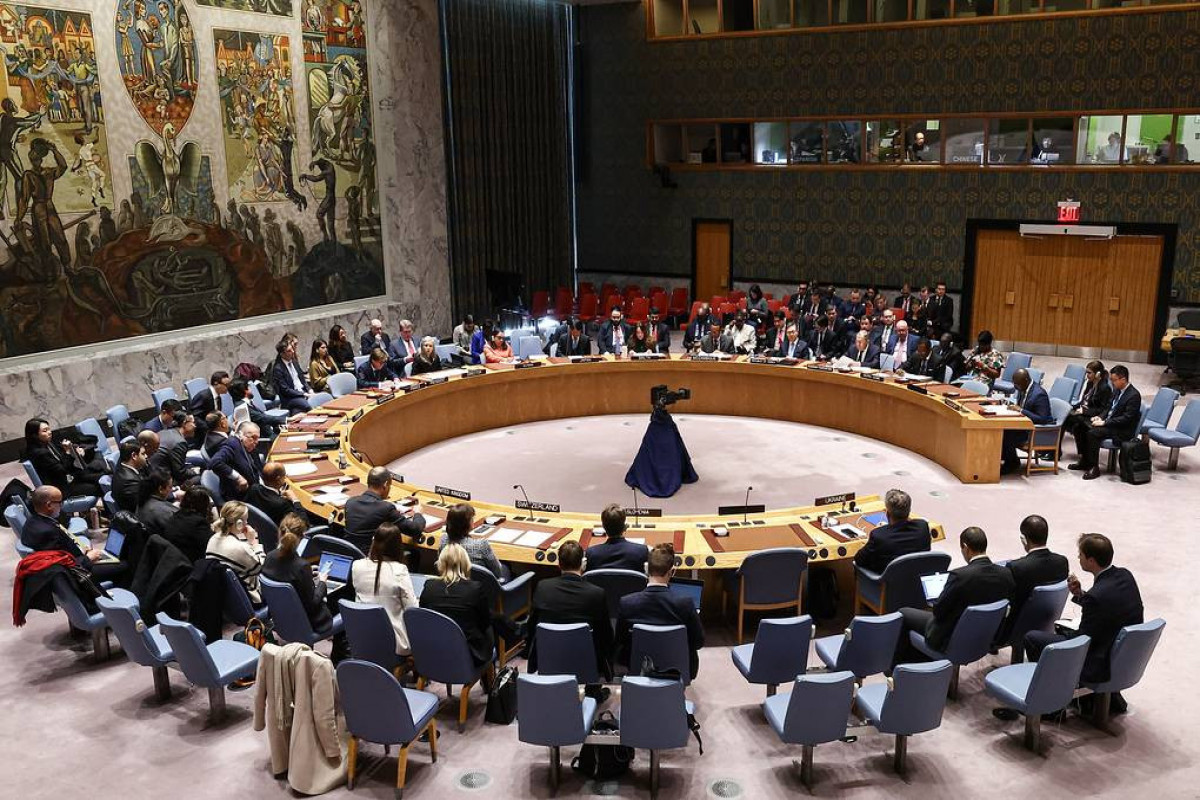Latin America’s largest city will soon begin distributing a controversial food supplement in public schools, its mayor said Thursday, APA reports quoting Reuters.
Farinata, referred to as “dog food”, in Sao Paulo, Brazil, is made from reprocessed food that is near its expiration date.
Mayor Joao Doria reached an agreement with a processing company earlier this month on the controversial measure that has the backing of the Catholic Church.
Doria said the “food supplement” will complement food given to students in the city and will be distributed later this month.
“The education secretary is already authorized to use this scholastic food – in a complementary way - with all its characteristics of protein, vitamins and mineral salts,” Doria said at a news conference.
But his claims of nutritional value were refuted by nutritionists, chefs and others.
The Regional Council of Nutrition in Sao Paulo said the supplement “hurts the human right of an adequate alimentation” and “is disrespectful to the food security advances that have been reached in the last decades.”
Popular chef Janaina Rueda wrote an open letter that criticized the lack of dialogue between Doria and the city and said “gastronomy is a ritual of preparation and tasting", elements that do not exist in the supplement, according to critics.
Despite the outrage, farinata has been certified as "human ration" by food experts and is produced in different forms, including in flour, granulated, cookies or macaroni.
Nutritionist Francine Lopes said it is a flour that can be transformed into a new product such as bread.
The local government has indicated its intention to distribute the “supplement” among the poorest residents of Sao Paulo.
Doria contends the move is part of a recent law that created the Municipal Policy for the Eradication of Hunger and Promotion of the Social Function of Food (PMEFSA).
"It is an initiative that proposes the reduction of food waste in a city that has the largest consumption pattern in the country," Doria said.
Official data from the city show food waste from food festivals alone is around 160 tons daily.
“In all Brazil, the waste is almost 44,000 tons yearly, besides the amount that is not counted,” said Doria.
"In first place, we want people to eat natural food, but we need to take advantage of all the options that we have,” he added.







